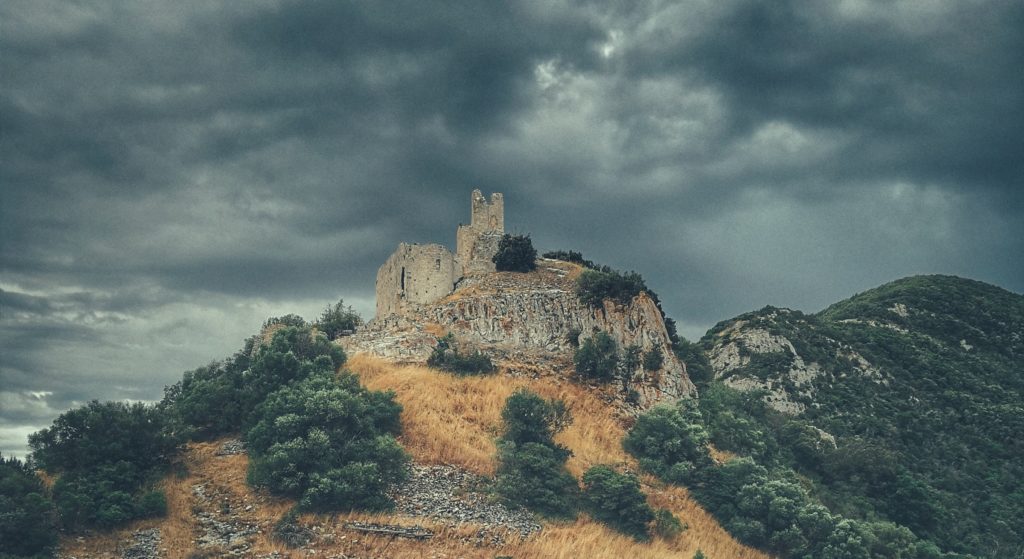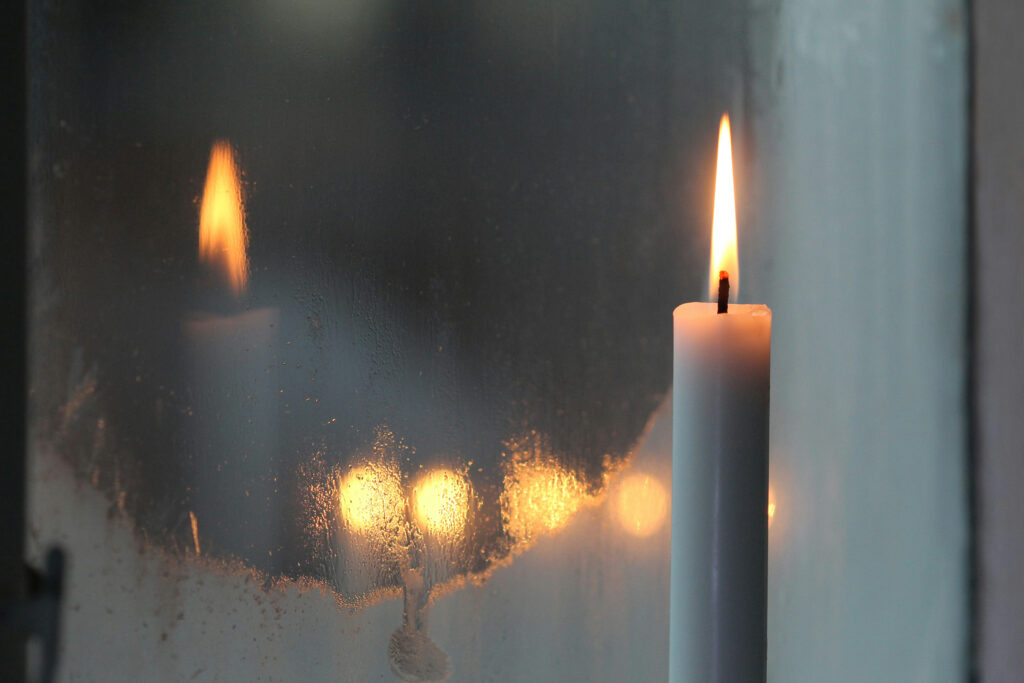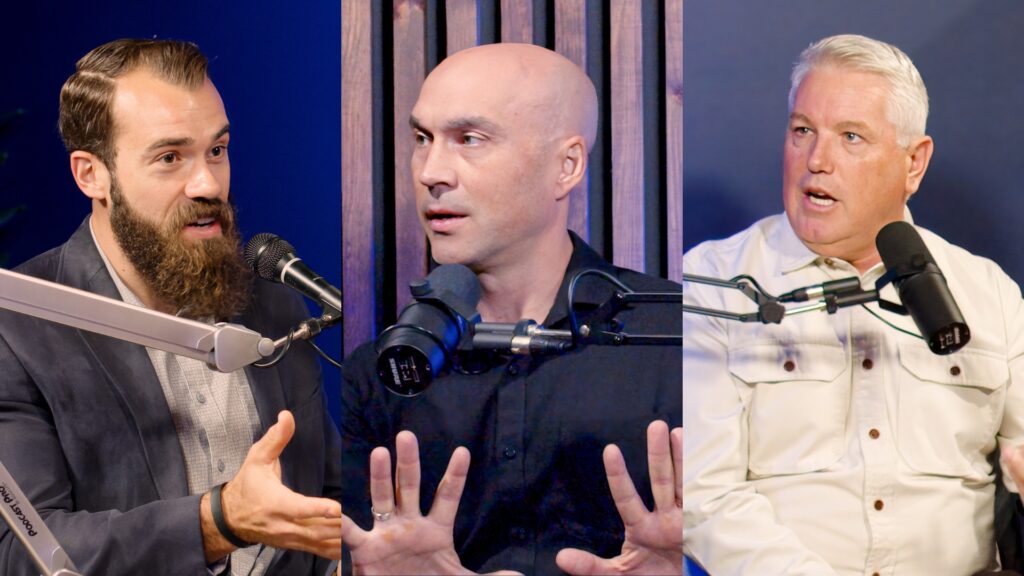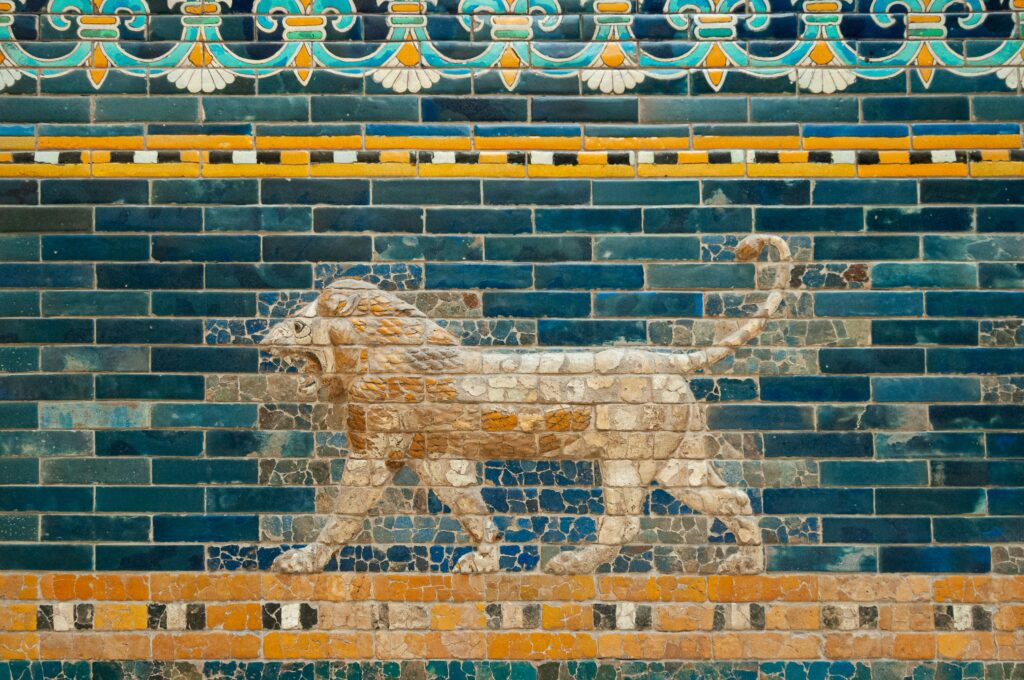There is no greater place to go for shelter in times of trouble than to the Lord.
God is a place of protection and shelter to his people. Going to the Lord for shelter brings us protection and safety. In the shadow of the almighty “the sun shall not strike you by day nor the moon by night” (Psalm 121:6). The imagery of being in the Lord’s shadow conveys both a closeness to the Lord and a protection that comes from the Lord. To be in his shadow means that his great and mighty presence dwarfs you and you are under his care.
The psalmist thus makes his personal confession to the Lord: “My refuge and my fortress, my God, in whom I trust.” Like the psalmist, we sometimes need to verbalize our trust. Martin Lloyd-Jones described it as preaching truth to ourselves. We may know in our mind and heart the Lord is a refuge, but it can bring an almost inexplicable comfort when we repeat affirmingly out loud to ourselves, “the Lord is my refuge and fortress. He is my God. I put my trust in him.” While these things are not a mystical mantra, lifting up our heart and our voice to the Lord makes an appeal to his strength and protection. The effect can bring comfort and assurance to us.
In verse three, the psalm turns from the first person (“I will say;” v. 2) to the third person and second person (“he will deliver you”). The psalmist does not say, “he will deliver me.” Instead, he expands the focus. He is assuring that deliverance is for all who seek the Lord and affirm the personal confession in verse two. The word of God brings comfort here to all who are reading and affirming their trust in the Lord. The Lord saves us from those who seek to do us harm and from calamities that arise in a world suffering the effects of sin, like pestilence and plagues.
What a beautiful image that the Lord has wings to spread over his children for their protection. The pinions on a bird are the outermost primary flight feathers on a bird. It is essentially another word to describe the wing of a bird while focusing slightly more on the strong flight feathers, one of the primary components to the bird’s ability to fly. Strong pinions push the air downward as a bird flaps its wings. Referring to both pinions and wings heightens the poetic imagery. It is these mighty wings of the Lord that are a great refuge.
Of course, we recognize these things are metaphors. God is a spirit. Just as God does not have a physical body, so he does not have actual wings. But like a mother hen or a majestic eagle might spread her wings over the littlest birds to shelter and protect them from enemies or the raging storms, so the Lord engulfs us under his protection. The Lord does not make a shelter for us; he is the shelter for us.
The Lord is faithful to his people because of the promises he made for them. This faithfulness is a shield to us. The reference to a buckler is not a belt buckle but a type of small round shield often worn on the forearm. Again, the psalmist is using the poetry of nearly synonymous words to create a full picture. The Lord himself stands ready to be our refuge. His faithfulness to us stands as a shield from all that would seek to destroy us and end us. With the Lord’s wings spread over us, the terrors of the storm at night are no threat. With the Lord’s faithfulness as a shield before us, the arrows that fly are truly no threat. Whatever evil and calamity may come by night or by day, we are safe in the arms of the Lord.
Listen then to the words of assurance the Lord gives us at the end of the psalm:
“Because he holds fast to me in love, I will deliver him; I will protect him, because he knows my name. When he calls to me, I will answer him; I will be with him in trouble; I will rescue him and honor him. With long life I will satisfy him and show him my salvation.” (Psalm 91:14)





